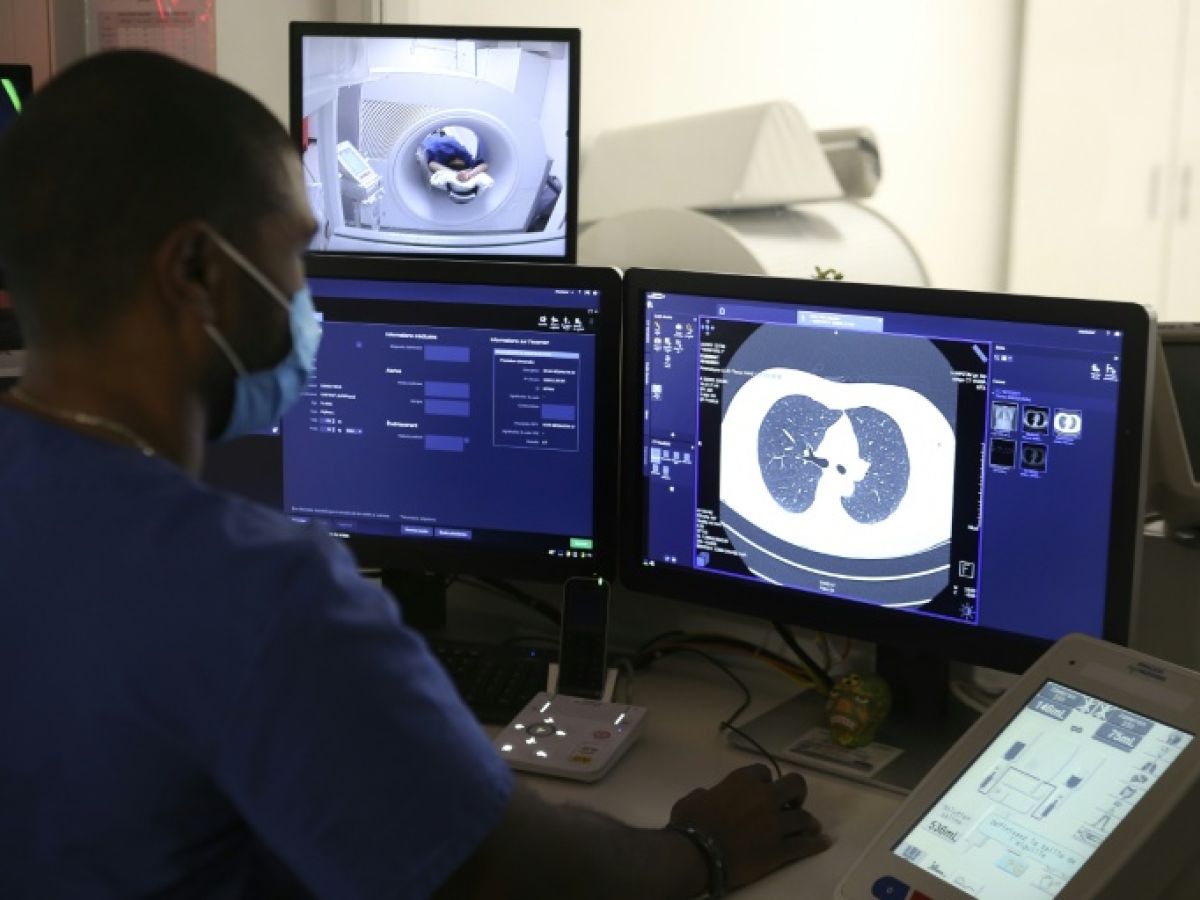“ He has a little girl he didn't have to say goodbye to", reports Professor David Fajgenbaum, whose work based on artificial intelligence (AI) and reported in the New England Journal of Medicine enabled a patient with a rare disease to move from palliative care to remission.
A doctor in remission from his rare disease for more than 10 years
What if diseases that have no cure could benefit from a drug originally intended to treat other conditions? More than a decade before this new work, it was by banking on this hope that David Fajgenbaum survived Castleman disease. This rare, autoinflammatory disease causes 20 to 35% people to die within five years of diagnosis if there is no effective treatment.
“ At the time, I didn't use any algorithm or AI.", says the doctor. I ran a number of lab experiments on my blood and lymph node tissue samples that led me to believe that a key communication line in my immune system was in overdrive. I thought an inhibitor of this communication line might help and I have been in remission since I started testing it.. » This drug is sirolimus, originally prescribed to prevent the immune system of transplant patients from rejecting their new organ.
Read also$4.25 million per dose: the world's most expensive new drug
Ranking existing drugs by potential effectiveness with artificial intelligence
Approved since then, the only known treatment for Castleman disease is siltuximab, monoclonal antibodies that only work on half of patients. For the other half, if sirolimus was the answer for David Fajgenbaum, it is a completely different drug that has this time been designated by the new method that he has developed with his team. Dedicated not to his personal case but to all Castleman patients, this approach is based on artificial intelligence to screen the potential effectiveness of 4,000 existing drugs. This AI approach " integrates all publicly available biomedical knowledge into a two-dimensional graph, so that all connections between every drug, disease, gene, etc. can be mapped" explains the doctor.
Read alsoThe beautiful story of a medicine made to measure for a little girl with a rare disease
Patient on the brink of death in remission for two years
By comparing the analyses of 26 patients to those of 15 healthy people, the machine learning approach (a form of AI) identifies adalimumab, a monoclonal antibody treatment used in chronic autoinflammatory diseases such as Crohn's disease or rheumatoid arthritis. With the agreement of his doctor, a patient with a disease that is particularly refractory to the treatments previously administered and about to enter palliative care then tries to take adalimumab. The treatment works. When these results are published in early 2025, the patient has been in remission for two years, " which represents his longest remission since diagnosis", the researchers rejoice.
Applied to other rare diseases, this approach could make it possible to find suitable drugs for many other diseases without treatment, hopes David Fajgenbaum. The non-profit organization Every Cure (of which he is the president and co-founder, editor’s note) builds on these promising early results to enable the algorithm to predict the best repurposing opportunities for all drugs and diseases. »
While advances in artificial intelligence, fueled by vast amounts of high-quality data, offer a glimpse of a powerful tool for treating patients without recourse, David Fajgenbaum never imagines that it will replace the role of the doctor. I personally believe that the practitioner will have to continue to play a very important role in assessing the risks and benefits of a particular treatment for his patient.. »


